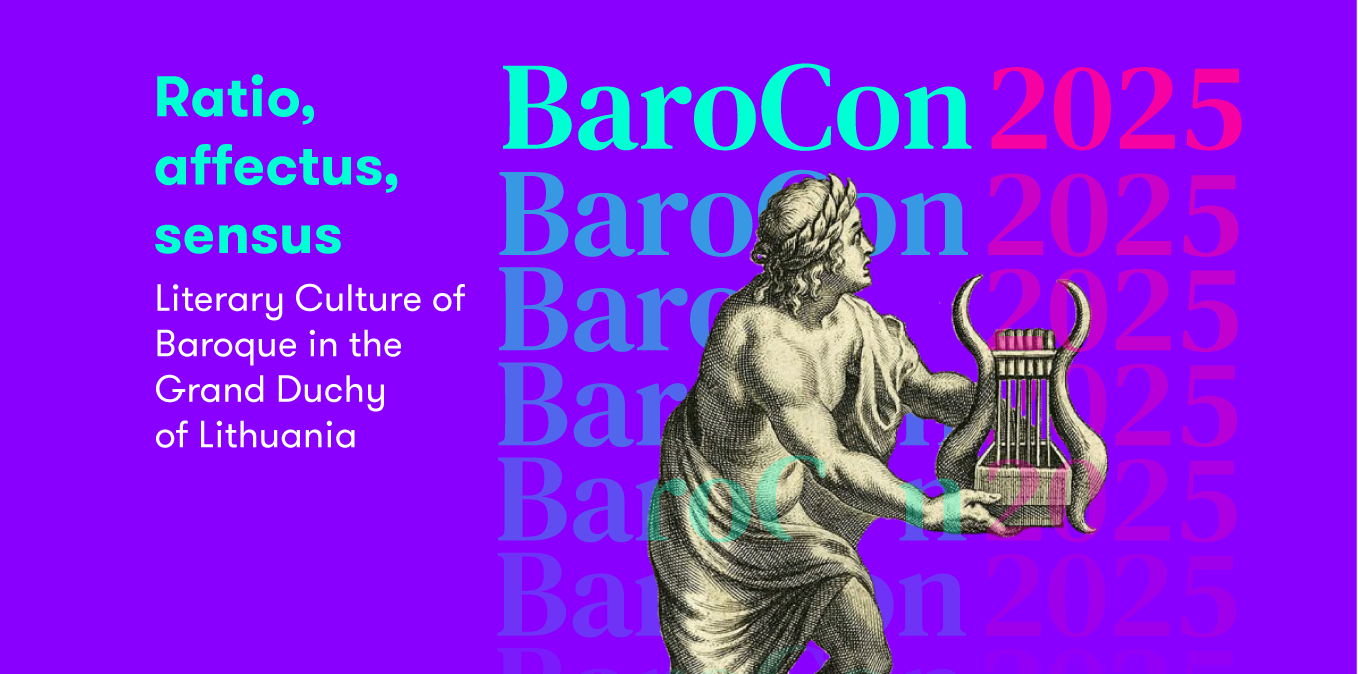
Olha Maksymchuk
Quotations from Sarbievius's Poetry in the Panegyric Edition 'Bogaty Wirydarz' by Ivan Ornovsky (Kyiv, 1705)
Olha Maksymchuk
V. I. Vernadskyi National Library of Ukraine
Quotations from Sarbievius' Poetry in the Panegyric Edition Bogaty Wirydarz by Ivan Ornovsky (Kyiv, 1705)
Keywords: quotation, panegyric, engraving, Ivan Ornovskyi, Matheus Casimirus Sarbievius
Ivan Ornovskyi (Jan Ornowsky in Polish transliteration) was a prominent Ukrainian panegyrist of the late 17th and early 18th centuries. He wrote a series of verbose Baroque panegyrics dedicated to the Cossack elite. All of them were composed in Polish, as it was the common language of literary activity among Ukrainian authors of that period. In 1705, the Kyiv Cave Monastery printing house published Ornovskyi’s work entitled “Bogaty Wirydarz” (“The Rich Orchard”), which was dedicated to the noble Cossack family of Donets-Zakharzhevsky from the Kharkiv region. The text of the panegyric is rich with allusions to ancient mythology and citations from classical Latin authors. Latin quotations were not only inserted into the text but also incorporated into engraved illustrations that adorned the edition. Among the most frequently cited authors, the name of Matheus Casimirus Sarbievius is naturally mentioned. Known as the 'Sarmatian Horace,' Sarbievius was widely recognized by the educated readership of early modern Ukraine. Sarbievius belonged to the category of so-called “school authors,” whose works were included in academic courses on poetry and rhetoric. Thus, it is no surprise that Ornovskyi, as a graduate of the Kyiv Mohyla Collegium, was well acquainted with Sarbievius’s poetry and frequently alluded to it in his writings. However, some quotations from the Matheus Casimirus Sarbievius omit his name, as readers were expected to identify the author themselves. Likewise, in decorating the edition with magnificent copperplate illustrations, the engraver Ivan (Inokentii) Shchyrskyi used phrases from Sarbievius’s poems as inscriptions on his works. In this way, both the text of the panegyric and its engraved illustrations incorporate Sarbievius’s quotes, forming part of the Ukrainian artistic response to his genius.